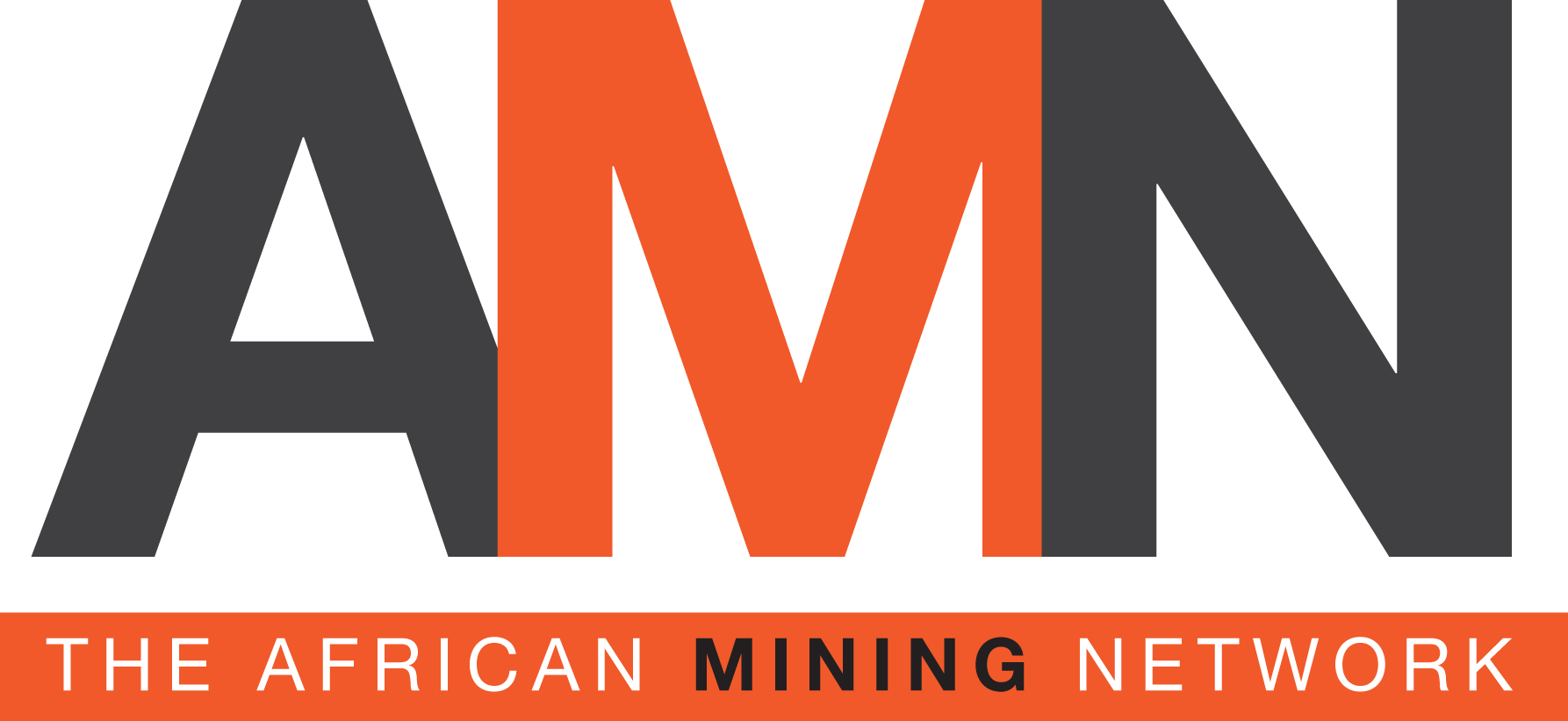- Yolanda Torrisi
- +61 412 261 870
- yolanda@yolandatorrisi.com
- Nina van Wyk
- +27 82 926 3882
- nina@africanminingnetwork.com

This year’s Fraser Institute survey on investment attractiveness and policy perceptions makes disappointing reading for the South African mining industry with poor performance in both indexes. However, it also contains statistics and information, which when compared with previous surveys, outline where the country has gone wrong.
In the policy perceptions index South Africa is Africa’s third worst performer, ranking only in front of South Sudan and Zimbabwe but behind the Democratic Republic of Congo. It did a little better on the overall ‘investment attractiveness’ index, which combines geological endowment together with policy perceptions - 74 out of 104 global jurisdictions.
The thoughts of David Christianson, a Policy Fellow at the IRR, a think tank that promotes economic and political liberty, provide an interesting analysis of the Fraser survey.
He says the policy perceptions index ranking for South Africa shows that in the eyes of the senior mining executives polled, the policies and institutions of the continent's oldest and richest mining jurisdiction are better than only two other African jurisdictions.
This index consists of 15 sub-categories covering matters such as taxation, environmental regulations, administration and duplication of regulations, uncertainty concerning native land claims, protected areas, labour issues, infrastructure, socio-economic agreements, political stability and related areas. David Christianson points out that South Africa does extremely poorly in all these categories and only in one case, 'uncertainty concerning protected areas', is it in the top half of the index at 36.
He says that although some dismiss the survey as being irredeemably subjective, it provides an insight into what the mining industry's senior decision-makers are thinking. The survey is compiled from the answers of questions emailed to senior mining managers around the world, with 2700 responses received in 2016.
“In many respects, not least its sophistication, South African mining appears to be on a different planet from the industries of South Sudan and Zimbabwe but when it comes to policy, that is not what those who determine the investment direction of mining capital think,” he says.
“The Fraser Institute started the index precisely to capture this factor. In its 2002 report, it wrote: 'The effects of increasingly onerous, seemingly capricious regulations, uncertainty about land use, higher levels of taxation, and other policies that interfere with market conditions are rarely felt immediately, as they are more likely to deter companies looking for new projects than they are to shut down existing operations’.”
Through its very nature, he says, the survey captures the factors that have a long-term impact on a particular jurisdiction. For instance, surveys conducted since 2000, when South Africa was first included, provide an insight into what is wrong with the investment climate.
In 2002, when the Mineral and Petroleum Resources Development Act was before Parliament, South Africa was 13th out of 47 on the 'investment attractiveness' index with only 28% of jurisdictions surveyed more favourably regarded. However, in 2016 only 28% were worse than South Africa.
The big plunge came between 2002/03 and 2004/05, when South Africa went from 28th out of 47 in terms of 'policy potential' to 53rd out of 64. He says this illustrates the foundation of the problem.
“It is not so much the haphazard ambitions of the incumbent minister, worrying (and unclear) though these are, but the regulatory regime which allows him and a range of insider cronies to play the system for private gain. It is the Minerals and Petroleum Resources Development Act that has to be revisited,” David Christianson says.
He concludes that the challenge now is to cut back on government control and to restore the industry's autonomy.
Yolanda Torrisi is Chairperson of The African Mining Network and comments on African mining issues and the growing global interest in the African continent. Contact:yolanda@yolandatorrisi.com

